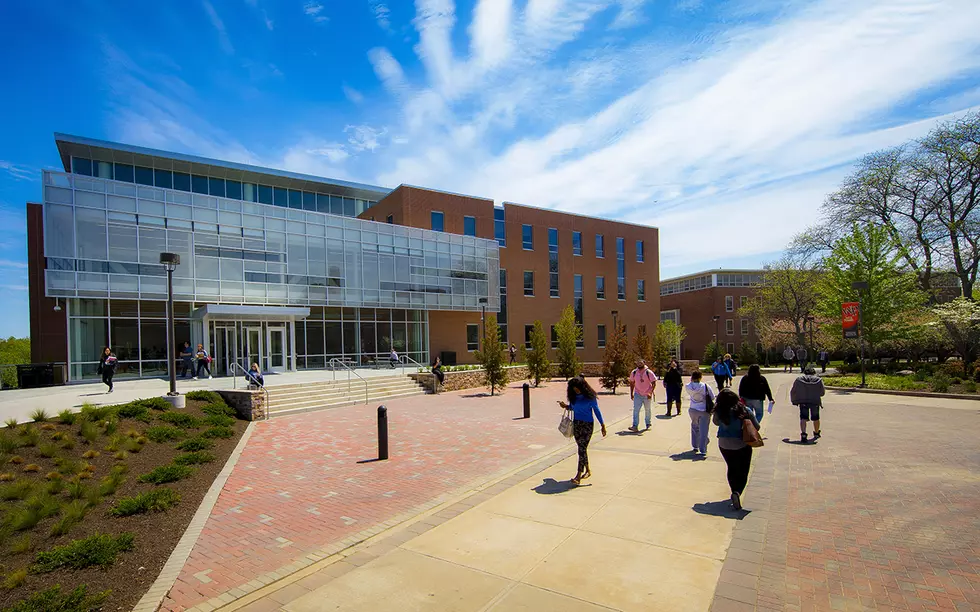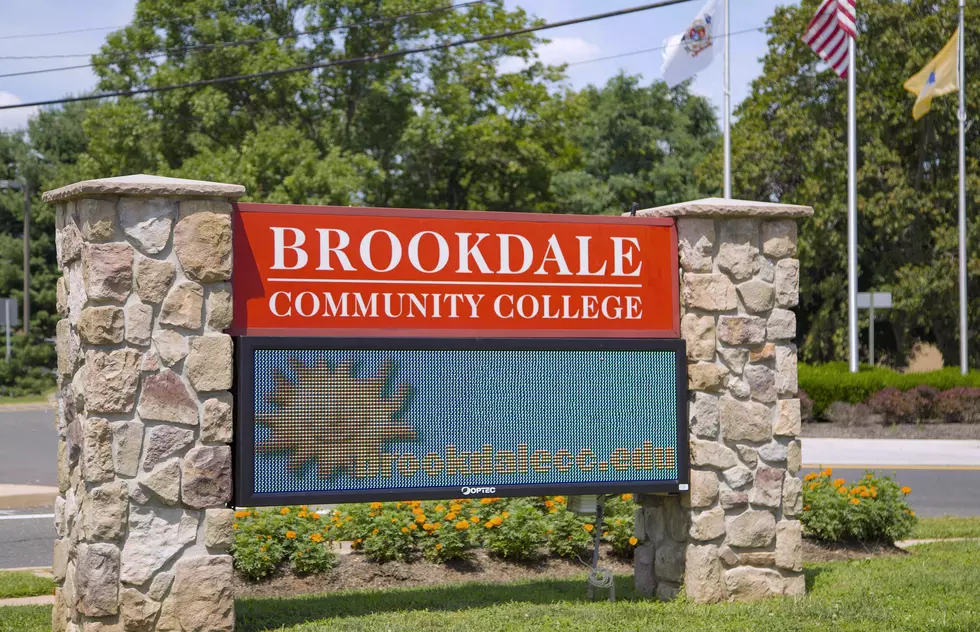
Congratulations on those college acceptances! Now what?
It's that time of year when high school seniors are filling out applications and applying to colleges. Early decision and early action deadlines wrap up around Nov. 15. But once the acceptances start rolling in, what's the next step?
Dave Bergman, director of content at College Transitions, which has offices in Pennsylvania, Georgia and North Carolina, said students will usually hear back from colleges with early action and early decision deadlines by the holidays.
Early decision is a binding process so there are not really many decisions to be made, and hopefully a student made the right choice, said Bergman.
But if a student applied to early action, which is non-binding, then a student needs to take time to figure out what school suits him or her best.
Also, a student needs to figure out if he or she wants to make that commitment in the fall or winter or wait until May 1, which is the official deadline.
When it comes to weighing options, money obviously plays a role.
"You're gonna find out your financial aid award. Sometimes you're going to be pleasantly surprised. Other times you're going to be disappointed," he said.
He suggests parents sit down with their kids, go through the financial aid award packages offered by each school and talk about realities. Talk to the kids about how much money you as a family can contribute and how many loans a student must take. Discuss how those loans will impact the student later in life — many times well into their 20s and 30s and beyond.
Bergman said it's also a good idea to revisit schools that students have been accepted to in order to see which school a student wants to commit to above all the others.
He stressed even as acceptance letters come rolling in now, there is still plenty of time to make a decision. Normally a school will ask for a deposit between $300 and $500 but that is not due until spring.
The advantage of making a decision and committing to a school earlier is that the school will provide housing options. So for early decision, it's common for schools to give housing preferences to students who have committed to that binding process.
For students who have been admitted through early action, meaning they typically are hearing back around the holidays, they have five months to make that decision. But the sooner a student makes that decision, sometimes the student will have options for better housing.
Bergman said while that's a great incentive to commit to a school early, students are strongly advised to take as much time as they need.
"Is getting the dorm of your choice really worth committing to a school five or six months earlier than you have to, where a mistake could made or where you won't get to find out if the schools that you applied to during the regular cycle were going to offer you admission or what type of financial aid awards they were going to provide?"
Be smart in the college decision process, said Bergman. Also look at the strength of a student's major. Sometimes students fall in love with a college based on its name or the fact that relatives or friends attended there. But sometimes other schools do a better job when it comes to what they offer for certain majors.
More from New Jersey 101.5:
More From New Jersey 101.5 FM









